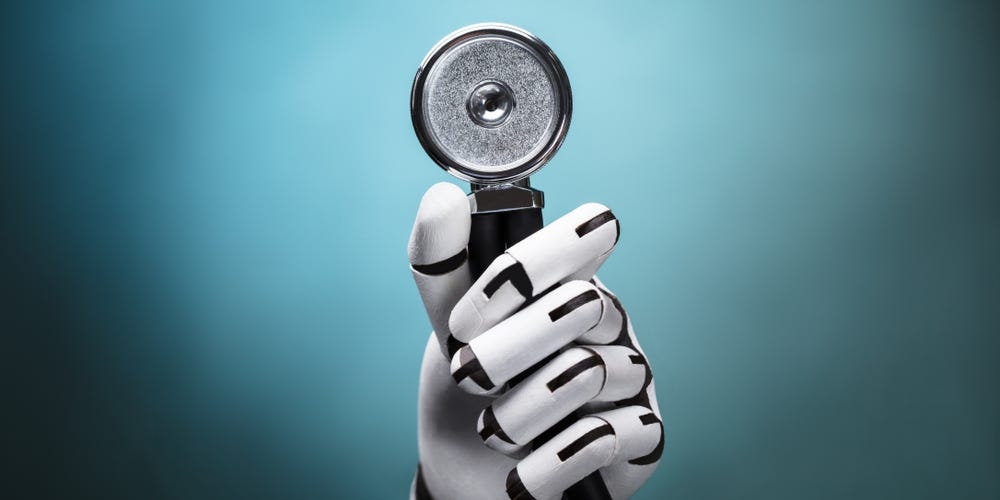Comments
- No comments found

Artificial intelligence (AI) is revolutionizing the healthcare industry, transforming the way we deliver patient care and conduct medical research.
From diagnosis and treatment to drug discovery and personalized medicine, AI-powered solutions are reshaping the landscape of healthcare, offering unprecedented opportunities for improved outcomes and increased efficiency. In this article, we explore the transformative impact of AI in healthcare and its potential to revolutionize the field.
Medical imaging analysis is one of the primary areas where AI is making significant advancements. Deep learning algorithms can analyze various medical images, including X-rays, MRIs, and CT scans, with remarkable accuracy. These AI systems assist healthcare professionals in detecting abnormalities, diagnosing diseases, and planning treatments, leading to faster and more accurate diagnoses.
One of the primary applications of AI in healthcare is medical imaging analysis. Deep learning algorithms can analyze medical images, such as X-rays, MRIs, and CT scans, with remarkable accuracy. These AI systems can detect abnormalities, assist in diagnosing diseases, and provide insights that aid in treatment planning. By augmenting the expertise of healthcare professionals, AI imaging analysis can lead to faster and more accurate diagnoses, ultimately saving lives.
In addition to imaging analysis, AI is playing a vital role in advancing drug discovery and development. AI algorithms can analyze vast amounts of data, including genetic information, clinical trial data, and scientific literature, to identify patterns and potential drug candidates. This accelerates the drug discovery process, reducing costs and increasing the chances of finding effective treatments for complex diseases.
AI is also enabling the implementation of precision medicine. By analyzing individual patient data, including genetics, lifestyle factors, and medical history, AI algorithms can provide personalized treatment recommendations. This approach ensures that patients receive tailored therapies that are most likely to be effective, minimizing adverse effects and optimizing outcomes.
AI-powered virtual assistants and chatbots are improving patient experiences and accessibility to healthcare services. These intelligent systems can provide basic medical information, schedule appointments, and answer frequently asked questions. By automating routine tasks, healthcare providers can focus more on direct patient care, improving efficiency and patient satisfaction.
While AI in healthcare offers immense potential, it also poses challenges that need to be addressed. Privacy and security concerns regarding patient data must be addressed to ensure confidentiality and compliance with regulations. Ethical considerations, such as transparency, accountability, and bias mitigation, are crucial to maintain trust and fairness in AI systems.
The integration of artificial intelligence in healthcare is transforming the industry, leading to improved patient care, accelerated medical research, and personalized treatments. As AI continues to evolve, it will undoubtedly revolutionize healthcare, enabling us to tackle complex medical challenges and shape a healthier future. The synergy between human expertise and AI-driven technologies has the power to revolutionize healthcare, ultimately saving lives and improving well-being.
Leave your comments
Post comment as a guest